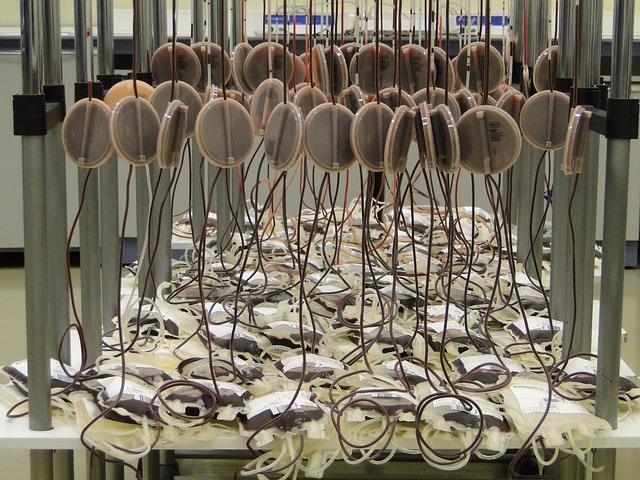Post-ovarian surgery, especially after IVF with donor eggs, involves a complex emotional and physical recovery. Understanding and managing emotions, along with pain relief and self-care, are vital for healing. Support from healthcare, loved ones, or groups aids in navigating this journey, enhancing well-being and success rates for IVF with donor eggs post-surgery.
“After ovarian surgery, managing expectations and emotions is vital for a smooth recovery. This article guides you through the post-surgery landscape, focusing on understanding physical and emotional changes. We explore navigating the IVF journey with donor eggs, addressing physical discomfort, mental health, and the importance of support systems and self-care for optimal healing. Discover strategies to enhance your well-being during this transformative period.”
Understanding Post-Surgery Recovery and Emotions
After ovarian surgery, especially for those who have undergone IVF with donor eggs, it’s crucial to anticipate and manage both physical and emotional recovery. The postpartum period can be a rollercoaster of emotions as your body adjusts to significant changes. Many individuals experience a range of feelings, from relief and excitement to anxiety and sadness. This is a natural part of the healing process.
Understanding that these emotions are common can help you prepare mentally. Physical recovery from IVF with donor eggs post-surgery typically involves managing discomfort, rest, and gradual return to daily activities. It’s essential to give your body time to heal while also acknowledging and processing your emotional journey. This might include seeking support from healthcare professionals, loved ones, or support groups to navigate the complex landscape of post-surgery emotions.
Navigating IVF Journey with Donor Eggs After Surgery
After ovarian surgery, many individuals embark on an emotional and complex journey when considering IVF with donor eggs. This decision requires careful consideration as they navigate a new reality. It’s crucial to understand that while surgery may offer hope, it also changes the dynamics of fertility treatment. The process involves accepting both the physical and emotional shifts that come with using donor eggs, which can be challenging.
Many find solace in educating themselves about IVF with donor eggs post-surgery, understanding the medical aspects, and connecting with support groups or professionals who can guide them through this phase. This journey demands an open mind and a willingness to adapt, as the outcome may differ from traditional IVF paths. Embracing these changes allows for a smoother transition and enhances the chances of achieving a successful pregnancy.
Managing Physical Discomfort and Mental Health Post-Op
After ovarian surgery, managing physical discomfort and mental health is crucial, especially for individuals navigating IVF with donor eggs. Post-operative care should include active monitoring of pain levels and implementation of effective pain management strategies. This may involve a combination of medication, rest, and gentle movement as recommended by healthcare professionals. Physical therapy can also aid in regaining strength and mobility, essential aspects of the recovery process.
Beyond physical discomfort, emotional well-being deserves equal attention. The experience of IVF with donor eggs post-surgery can evoke a range of feelings, from relief to anxiety. Open communication with medical staff about these emotions is vital. Support groups and therapy sessions can further assist in processing complex emotions, providing individuals with tools to navigate potential mental health challenges during this transition period.
Support Systems and Self-Care for Optimal Healing
After ovarian surgery, especially for procedures related to IVF with donor eggs, establishing robust support systems and prioritizing self-care are vital for optimal healing. Friends and family can play a crucial role in providing emotional support during recovery. Open communication about your experiences allows loved ones to offer practical help, whether it’s running errands or simply being present to listen.
Self-care practices tailored to your post-surgery needs are essential. This may include gentle exercise, healthy eating, adequate rest, and stress management techniques such as meditation or deep breathing exercises. Remember that healing is not just physical; emotional well-being is equally important. Consider engaging in activities that bring you comfort and joy, allowing yourself time to process the experience and adjust to any changes.
After ovarian surgery, managing expectations and emotions is crucial for a successful recovery. Understanding post-surgery recovery periods, recognizing potential emotional shifts, and prioritizing self-care are essential components of navigating this journey. For those pursuing IVF with donor eggs post-surgery, supporting oneself through physical discomfort and mental health challenges ensures optimal healing. Building strong support systems and adopting effective coping strategies facilitate the transition to a new chapter in life.
